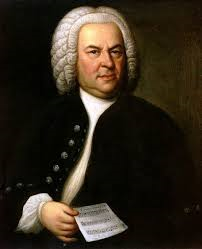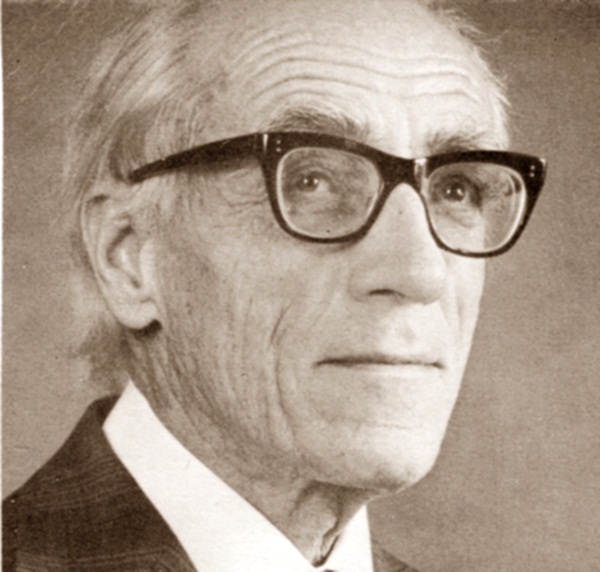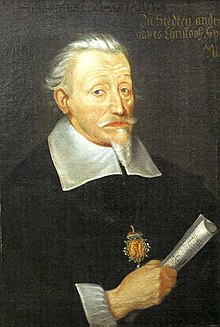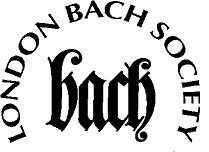
From the outset, we have been on a journey to Bach to extol his genius and make his vast corpus of works better known here in the UK, using the latest editions. Here are snapshots of our musical achievements so far.
St. Matthew Passion in 1952

On a train journey to Chichester, our founder Paul Steinitz and the leading Bach Passion Evangelist of the time, Eric Greene, plotted and planned what was then to be the first performance in England of Bach’s Matthäus-Passion in its complete and original German form. This took place on 22 March 1952 in the historic setting of the Priory Church of St Bartholomew-the-Great West Smithfield, where Paul was Director of Music. The 1736 score was used, the choir numbered about 50 (small for the time). The soloists were Ena Mitchell, Nancy Thomas, Eric Greene (Evangelist), Rene Soames (Christus), Norman Walker and Norman Lumsden. There was audience participation in three chorales, sung in German, still an enemy tongue. This became a feature of LBS Passion performances from then onwards, with many annual performances broadcast of BBC Radio 3 on Good Friday, The performance attracted a showcase of British solo singers, with critics hailing it as the a key moment in the rise of the period instrument movement. The last performance Steinitz directed was in March 1987 in Westminster Abbey as part of the Society’s 40th anniversary season.
Bach’s Cantatas
Paul’s vision for the Society was to create a focus for Bach that would inspire and lead the way in period style performances given at the appropriate time of the church year, using period instruments and for the implementation of modern Bach scholarship – Bach in its original form. No better expression of this can be found in the complete cycle of extant church and secular cantatas begun on 29 November 1958 with three seasonal works – BWV 40, BWV63, BWV 110. As the cycle unfolded and British audiences grew to wonder at the treasury of music being put before them, period instruments were pioneered (clarino trumpet, baroque flute, cornett, sackbut, violone) and a radical rethink of how secco recitatives should be played, the role of the keyboard continuo therein for example. Steinitz Bach Players was founded in 1968 to provide LBS with its own professional chamber orchestra of handpicked musicians. Their purpose was to enhance modern Bach scholarship in ‘live’ performances. This raised the profile of the whole Society enabling it to broadcast and tour.
Paul’s project inspired BBC cantata programmes at 9.30am on a Sunday morning during the 1960s, numerous significant Bach series for BBC Radio 3 and festival appearances here and at East Berlin, Potsdam and Leipzig in the German Democratic Republic (GDR) for British Council. Latterly, the choral choices and forces were greatly reduced as modern scholarship marched onwards that determined Bach’s choral forces were undoubtedly small-scale, pointing the way to the choir’s retirement in 1989 and the engagement of small professional forces. The cycle was completed on 12 December 1987 in London’s Queen Elizabeth Hall – conductor, choir, orchestra.
The music of Heinrich Schütz

Heinrich Schütz (1585-1672) is regarded as a major composer in the 17th century and the most important one before Bach, for whom he was not only pre-cursor but also a significant influence. Click here to read more about his life.
Paul Steinitz championed the music of Schütz to revive British interest in the vast corpus of works the composer assembled during his long and active life – Schütz died at the grand old age of 87, only to be outdone by Johann Adam Reincken, an important 17th century North German composer and organist, who lived to be 100. Studying and performing the music of Schütz was a natural complement to Paul’s study and performance of Bach, editing numerous editions (incl. Deutsches Magnificat) for Oxford University Press and supporting with Peter Pears and Roger Norrington the British section of the International Heinrich Schütz Society. Audiences were thrilled and moved by the impact spatial effects provided when performing the polychoral and instrumental pieces around the building for example. The simplicity, beauty and clarity of the musical line in the music belies a degree of difficulty to be overcome when rehearsing, especially if the performers are to be dispersed around the Hall. The Cornetts & Sackbutts that Steinitz introduced lifted the biblical texts, creating a magical effect – the original surround sound. 2022 marks Schütz’s 350th anniversary. Revisiting and experiencing his music today will be a thrilling one.
LBS commissions and first performances
The Society has an impressive folio of commissions and first performances. Click here to access their own page.
